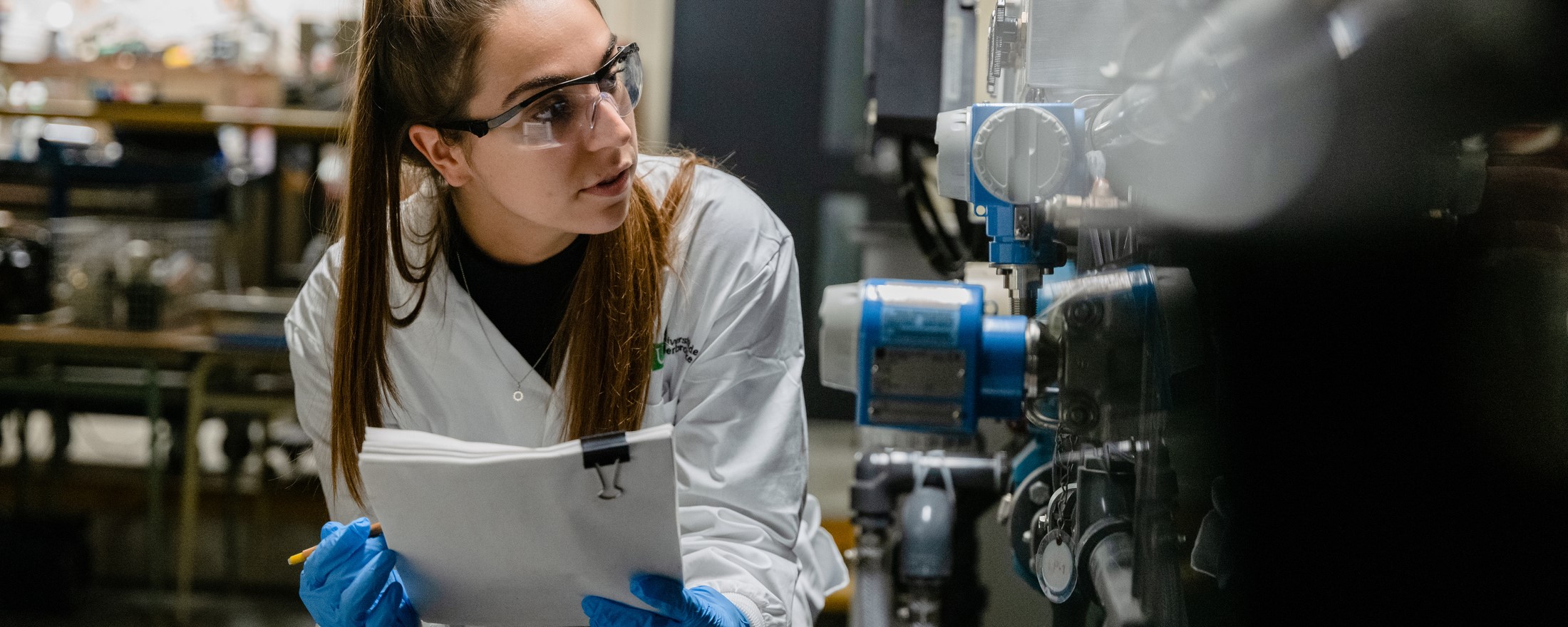AlN based piezoelectric thin films
Overview
- RESEARCH DIRECTION
- Luc Fréchette, Professeur - Department of Mechanical Engineering
- ADMINISTRATIVE UNIT(S)
-
Faculté de génie
Département de génie mécanique
Institut interdisciplinaire d'innovation technologique (3IT)
- LEVEL(S)
- 3e cycle
- LOCATION(S)
-
Campus principal
3IT - Institut interdisciplinaire d'innovation technologique
Project Description
Research topics background : Microelectro-mechanical systems (MEMS) are mainly based on electrostatic or piezoresistive transduction principles naturally implemented with silicon. Piezoelectric materials provide an alternative principle, where the deformation of the material by an external force leads to an electrical signal, and vice versa. Piezoelectric materials can therefore be used in sensors and actuators, such as ultrasonic sensors for autonomous driving applications or microgenerators with energy recovery for wireless sensors. Among the possibilities, aluminium nitride (AlN) is a material of choice due to its high ratio of piezoelectric coefficient to dielectric constant, low losses, traditional sputter deposition method and high temperature resistance (1000C). In addition, recent studies have shown that the piezoelectric properties of AlN can be improved by doping it with certain chemical elements such as scandium (Sc). The objective of this research topic is to improve the understanding of the AlN characteristics that lead to high performance and to develop a manufacturing process that leads to these characteristics. The work will consist in characterizing, as a function of deposition parameters, the structural, morphological, optical, physico-chemical, thermal, mechanical, electrical and piezoelectric properties of AlN and ScxAl1-xN in thin layers. Research environment: As part of a research project with industrial partners, several PhD thesis topics are available in the areas of manufacturing processes development, encapsulation and characterization of new materials for the micro-electromechanical systems (MEMS) next generation. For this, an outstanding research environment is available. First, the Interdisciplinary Institute for Technological Innovation (3IT), located on Université de Sherbrooke’s campus (Quebec), houses 1600 m2 of space laboratories and 430 m2 of class 100 clean rooms. Second the MiQro Innovation Collaborative Center (C2MI) located in Bromont, whose founding members are the Université de Sherbrooke, IBM Canada and Teledyne DALSA and which is the biggest microelectronics research center in Canada. Finally, Teledyne DALSA, a semiconductor foundry specialized in MEMS, CMOS and CCD technologies. In this context, the activities of the industrial research program provide a unique training environment, given the C2MI industrial micro/nano facilities, its collaborative context, and 3IT topics and multidisciplinary environment. Candidate profil : Candidates must have a Master's degree in Physics of Materials and Nanotechnologies (nanooptics, nano-manufacturing, nano-materials ...) or a recognized engineering degree, ideally in Nanotechnologies. Candidates should be autonomous, flexible, proactive and able to work in team within industrial research environment. To apply, send CV + cover letter + recommendation letters by email to the addresses below. : Pr. Luc Fréchette, mechanical engineering, 3IT-UdeS, InfosChairesTeledyne@usherbrooke.ca
Discipline(s) by sector
Sciences naturelles et génie
Génie mécanique
Partner(s)
Teledyne DALSA Semiconductor Inc., 3IT , C2MI
Liens complémentaires
The last update was on 12 March 2024. The University reserves the right to modify its projects without notice.
